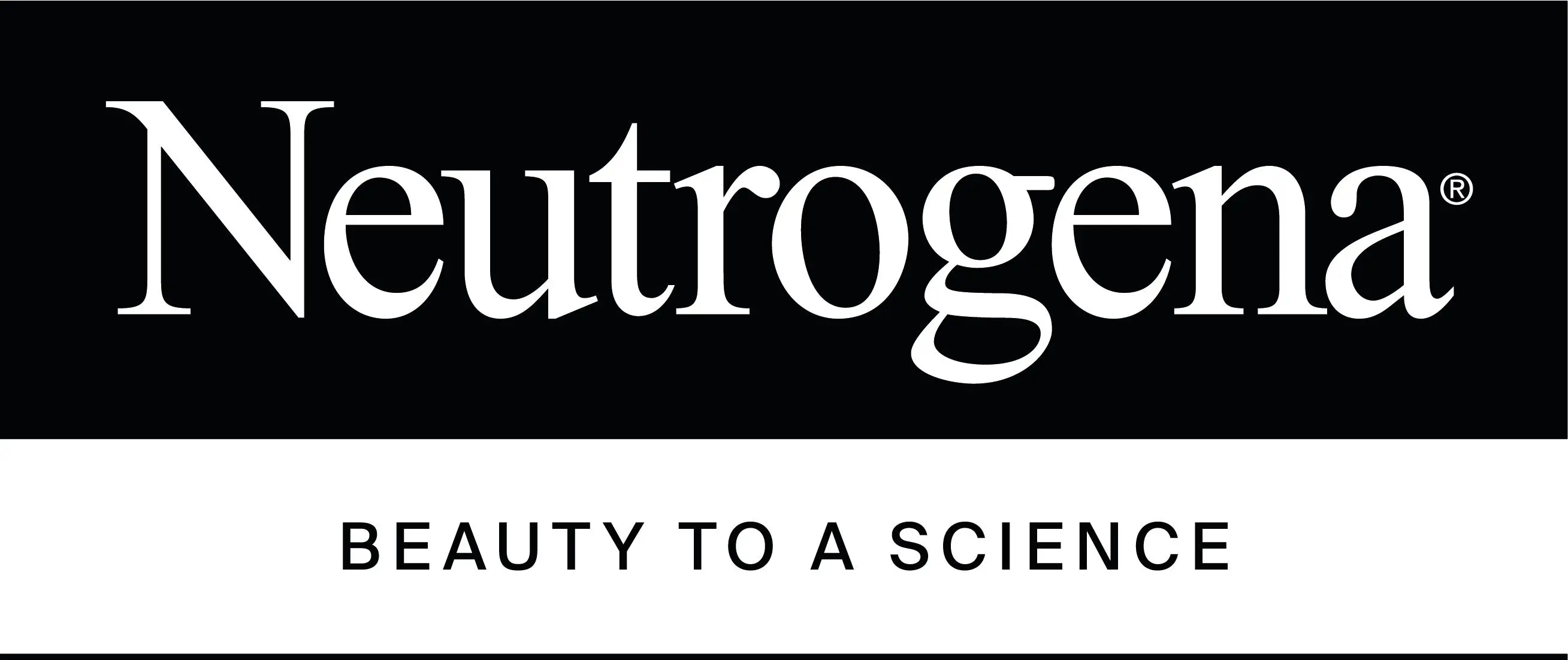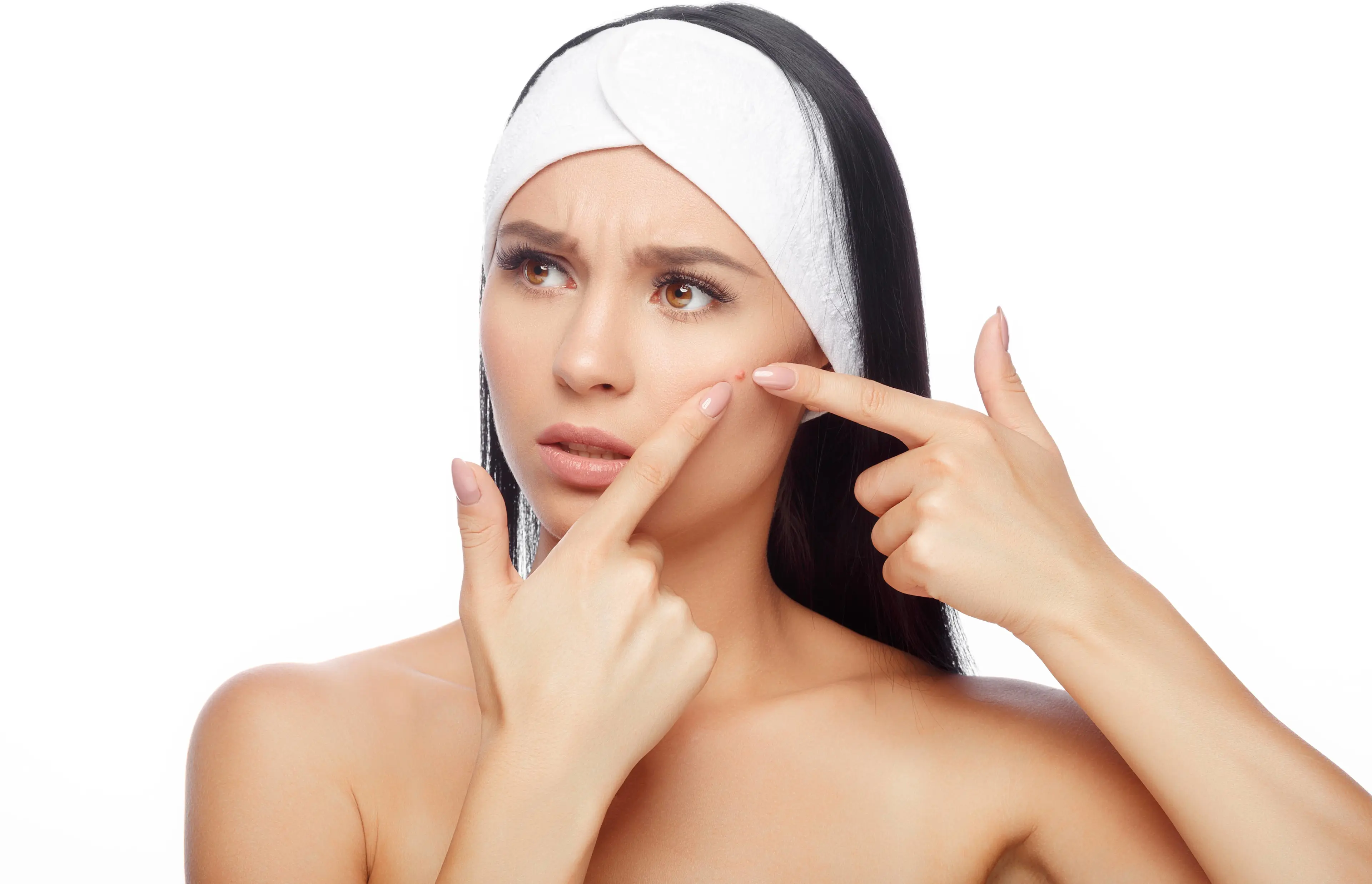There’s nothing worse than having a big, inflamed pimple ... except, of course, having multiple inflamed pimples.
Whether you’re dealing with a single behemoth or a colony of blemishes, you need to be prepared with the right spot treatment products to shrink inflamed acne — and also develop an acne-fighting clear skin cleansing and care regimen that prevents breakouts from forming in the first place. Acne is a cyclical problem that requires an “everyday” clearing routine, not just emergency fixes when a spot pops up.
When a pimple appears, you have to treat it or it will take longer to go away. To get rid of acne fast, experts recommend an active treatment approach. Here are some steps you can take:
1. Do not pop the pimple!
You’ve also probably heard that picking or popping a pimple is a major no-no (and it’s true). Popping pimples may cause bleeding, which may later lead to scarring or even an infection. An increased inflammation clogs surrounding pores, making your pimples look worse.
Also, please make sure you keep your hands off your face! Your hands encounter grime all the time. When your hands touch your face, you may transfer the grime onto your skin, ultimately clogging your pores.
2. Pay attention to how you are covering up pimples as they heal!
You might be tempted to cover that pimple, but how you’re covering up pimples as they heal matters. It may be tempting to pile makeup on when you have acne, but that can make it worse — and make pimples last longer. When you have active pimples, it’s important to let skin breathe and stay away from applying any comedogenic (pore-clogging) products that can trap dirt, oil, and bacteria.
3. Stay hydrated to reduce pimples!
Staying hydrated can also be a preventative measure to pimple formation. Dehydration signals the need to produce oil by the skin’s oil glands. More oil leads to more pimples.
Hydration, in addition to helping with pimples, also makes your skin look healthy, bright, and refreshed!
Also read to know more on How to Take Care of Dehydrated Skin to Get Healthy Skin, here.
4. Stress less to have a pimple-reduced face!
Although stress does not cause pimples, it may worsen already existing pimples. Research studies have shown that stress promotes the secretion of oil-stimulating hormones, which negatively impacts pimples. Find ways to reduce stress either through yoga, meditation, journaling, or any other hobby you might enjoy!
5. Use the right product to help prevent pimples!
Using oily or greasy personal care products, such as heavy creams or lotions makes your skin more prone to pimples.
If you have a single inflamed pimple, use an acne spot treatment one to three times a day until the spot clears. NeutrogenaⓇ acne specialists recommend a product with either salicylic acid, which exfoliates and unclogs pores, or one with benzoyl peroxide, whose antibacterial properties help eradicate inflammation.
Also, check out our wide range of specialized Neutrogena Acne products that are specifically designed to treat acne, here.
Where do we usually get pimples?
Pimples most commonly appear in three different locations:
on the face, prevalent among almost anyone having pimples.
on the back, prevalent among more than half of individuals having pimples.
and on the chest, prevalent among around 15% of individuals having pimples.
What causes pimples?
Some causes of pimples include hormonal changes, starting or stopping birth control, certain medication, exposure to oil and grease, and personal diet.
In conclusion, to prevent angry pimples from forming, make sure you’re keeping up with the right clear skin routine: cleansing twice a day, every day, with a cleanser, applying a light and non-pore-clogging moisturizer, such as Neutrogena® Hydro Boost® Gel Cream Moisturizer. With the right preventive measures and approach for when that throbbing blemish comes to a head, you’ll be prepared to clear up your skin, fast —and make sure that those annoying pimples stay away.
If your acne problems persist despite your efforts, it’s best to consult a dermatologist.

